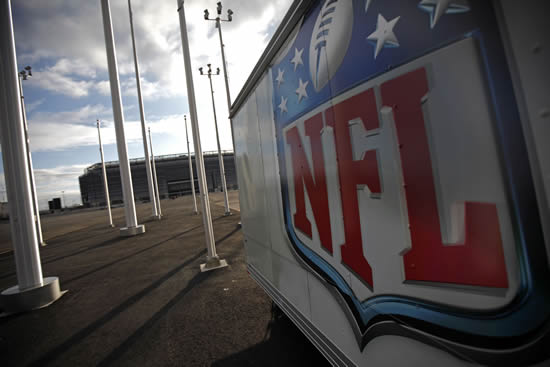NFL Players’ Union Opposes Right-to-Work
James Sherk /
The NFL Players Association just came out against Indiana’s proposed right-to-work law.
This is not too surprising: Even the poorest NFL player makes $390,000 a year. The average NFL player makes $1.9 million. NFL players make enough to barely notice union dues. They also have jobs. Right-to-work makes little difference to them.
The same is not true for most workers in Indiana. Union dues cost the typical worker hundreds of dollars a year. For many families, that is not pocket change. Almost 300,000 unemployed Hoosiers cannot find work. A policy that creates jobs and saves money matters to them.
Right-to-work does that. Right-to-work protects workers from being fired for not paying union dues. If workers want to join a union, they can—but they do not have to.
Of course, letting workers decide costs unions money. Some workers will choose not to join. If Indiana becomes right-to-work, unions will lose an estimated $18 million a year. Unsurprisingly, the union movement strongly opposes this idea.
For everyone else, it is a winner. Many union members earn no more than they would without a union. Why should the government force them to pay for ineffective representation? Right-to-work also makes union organizers less aggressive. That attracts business investment—and jobs. Counties in right-to-work states have one-third more manufacturing jobs than nearby counties in non-right-to-work states.
NFL players certainly appreciate the value of choice—they (temporarily) decertified their union last year. The Players Association should focus on the playoffs instead of on restricting workers’ freedom to choose.

